Iconic French
Duck à l'Orange
Duck à l'Orange stands as a testament to the artistry of French cuisine. This renowned dish combines the lusciousness of roasted duck with a vivacious orange sauce, resulting in a symphony of flavors. While its exact beginnings are contested, with some crediting Italian influences, one fact remains undisputed: when executed flawlessly, it's nothing short of extraordinary.
Chef's Notes:
- Duck à l'Orange is a beloved French classic that marries rich duck with a zesty citrus sauce
- The sauce should be bright and layered, avoiding excessive sweetness
- Mastering key techniques ensures a perfect balance of crispy skin and tender meat
The History
The story of Duck à l'Orange stretches back to antiquity when pairing meat with fruit was a widespread culinary practice. The French, however, refined this concept to perfection. The dish surged in popularity during the mid-1900s, partly due to Julia Child's influential culinary writings.
Sadly, as the recipe gained widespread appeal, it often fell prey to oversimplification. Many interpretations became excessively sweet, losing the delicate balance that made the original so remarkable. In recent years, there's been a resurgence of interest in rediscovering the authentic essence of this timeless classic.
The Perfect Duck
At the heart of this dish lies the duck, preferably a plump, whole bird. The secret to excellence is achieving a crispy exterior while maintaining succulent meat within. This requires some finesse, but the outcome is undeniably worth the effort.
To prepare the duck:
- Thoroughly dry the skin with paper towels
- Create a diamond pattern on the skin with shallow cuts, avoiding the meat
- Apply a generous amount of salt and pepper
- Allow it to rest uncovered in the refrigerator for several hours or overnight
This preparation method aids in rendering the fat and crisping the skin during cooking. Keep in mind that duck is best enjoyed medium-rare to medium, with a rosy interior.
The Sauce: The Heart of the Dish
The sauce is what truly distinguishes Duck à l'Orange. Traditionally, it's crafted using bitter oranges, known as bigarade in French. These oranges impart a complex, tart flavor that perfectly complements the duck's richness. However, they can be challenging to source outside their native regions.
For a more accessible version, we'll employ a blend of sweet oranges and lemon juice to replicate the flavor profile of bitter oranges. The crucial aspect is to avoid an overly sweet sauce. It should possess a tangy, slightly bitter edge that cuts through the duck's fattiness.
The Recipe
Let's embark on the journey of creating this culinary masterpiece.
Ingredients:
- 1 whole duck (approximately 5 pounds)
- Salt and freshly ground black pepper
- 2 oranges
- 1 lemon
- 1/3 cup sugar
- 1/3 cup white wine vinegar
- 2 cups duck or chicken stock
- 2 tablespoons butter
- 1 tablespoon Grand Marnier (optional)
Instructions:
1. Set your oven to preheat at 425°F (220°C).
2. Prepare the duck as outlined earlier. Position it on a rack within a roasting pan.
3. Roast the duck for 30 minutes, then lower the temperature to 350°F (175°C) and continue roasting for about an hour, or until the skin turns crispy and the internal temperature reaches 135°F (57°C) for medium-rare.
4. While the duck cooks, begin preparing the sauce. Zest one orange and set aside. Extract the juice from both oranges and the lemon.
5. In a small saucepan, heat the sugar over medium heat until it transforms into a deep amber caramel.
6. Carefully introduce the vinegar (be prepared for sputtering), followed by the orange and lemon juices. Allow the mixture to simmer until the caramel fully dissolves.
7. Incorporate the stock and simmer until the volume reduces by half. Strain the sauce and return it to the pan.
8. Once the duck is done, allow it to rest for 15 minutes before carving.
9. Complete the sauce by whisking in the butter, Grand Marnier (if using), and orange zest. Adjust the seasoning to taste.
10. Carve the duck and serve with the sauce either drizzled over or presented on the side.
The end result is a dish that seamlessly blends elegance with comfort. The duck's crispy skin gives way to juicy meat, while the sauce provides a perfect counterbalance of bright, tangy notes.
Serving Suggestions
Duck à l'Orange harmonizes beautifully with simple accompaniments that enhance without overwhelming. Consider pairing it with:
- Crispy roasted potatoes
- Tender steamed green beans
- A refreshing salad of mixed bitter greens
For wine pairings, a medium-bodied red such as Pinot Noir or a crisp white like Chablis complements the dish wonderfully.
Nutrition Facts
Nutrient amount per serving
-
- Calories: 450
- Protein: 28g
- Fat: 35g
- Carbohydrates: 12g
- Fiber: 1g
- Sugar: 10g
- Sodium: 380mg
Note: These values are approximate and based on a typical recipe. Actual nutritional content may vary.
FAQs
Is Duck à l'Orange challenging to prepare?
While it does require some skill, Duck à l'Orange isn't overly complex. The key lies in patience and attention to detail, particularly when preparing the duck and crafting the sauce.
Can I substitute fresh orange juice with store-bought?
For optimal results, fresh-squeezed juice is highly recommended. It offers a brighter, more nuanced flavor that bottled alternatives simply can't match.
How can I tell when the duck is perfectly cooked?
For medium-rare, aim for an internal temperature of 135°F (57°C). Remember that the temperature will increase slightly during the resting period.
Is it possible to prepare this dish in advance?
While you can prepare certain components ahead of time, for the best outcome, roast the duck just before serving. The sauce can be made in advance and gently reheated when needed.
Duck à l'Orange is more than just a recipe; it's a celebration of culinary finesse. By delving into its history and embracing its authentic flavors, we can create a dish that pays homage to tradition while delighting modern taste buds. So, embrace the process, savor each step, and prepare to dazzle with this timeless delicacy.







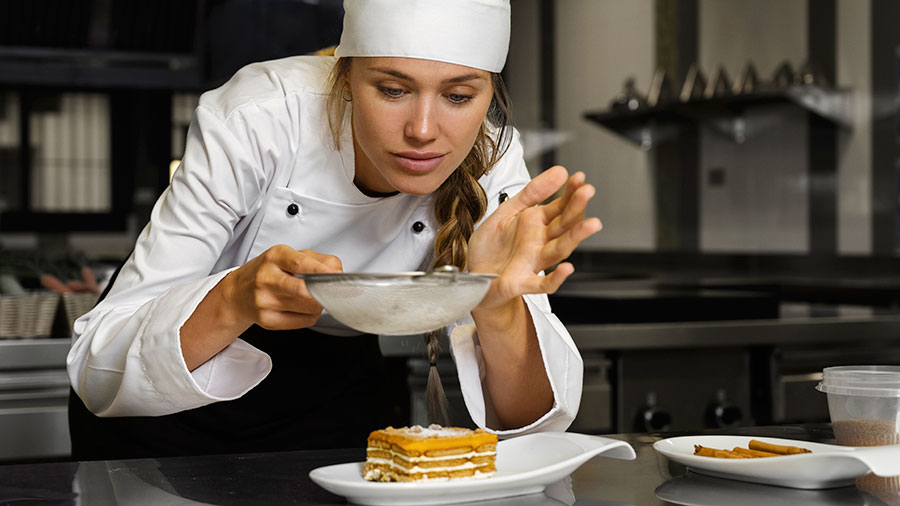

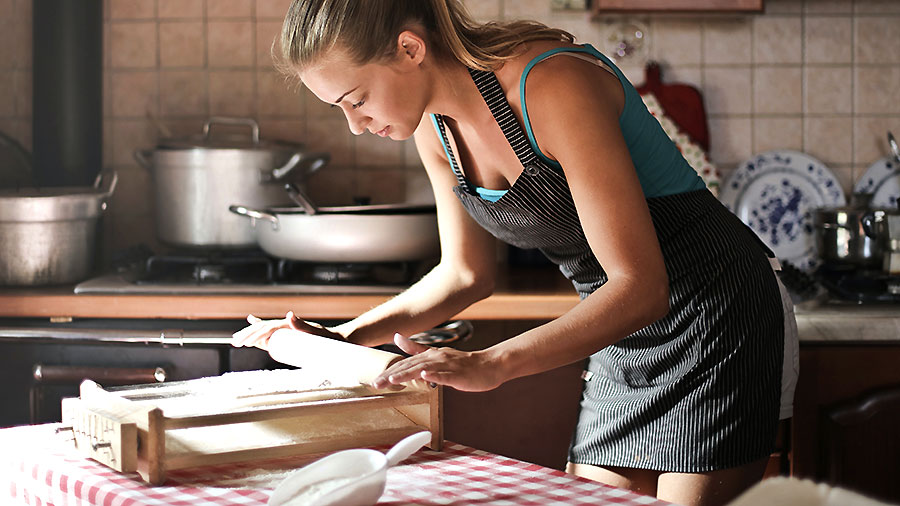
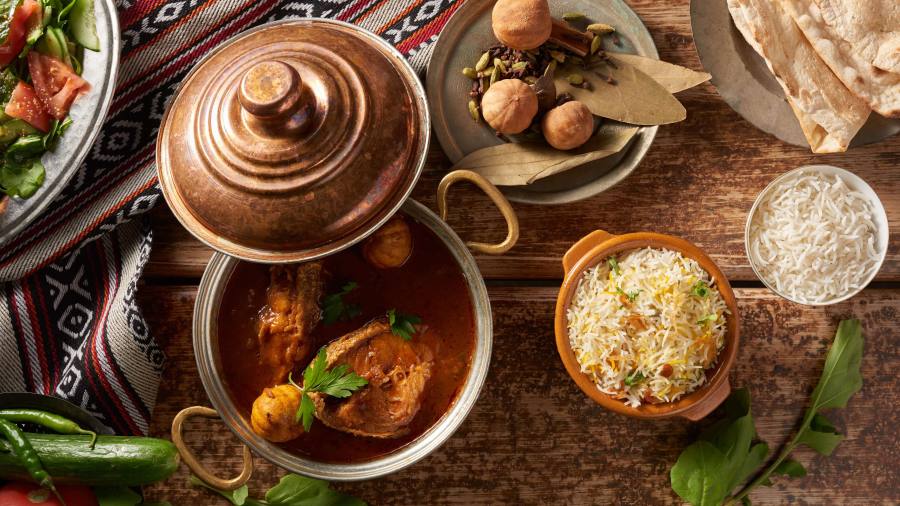

















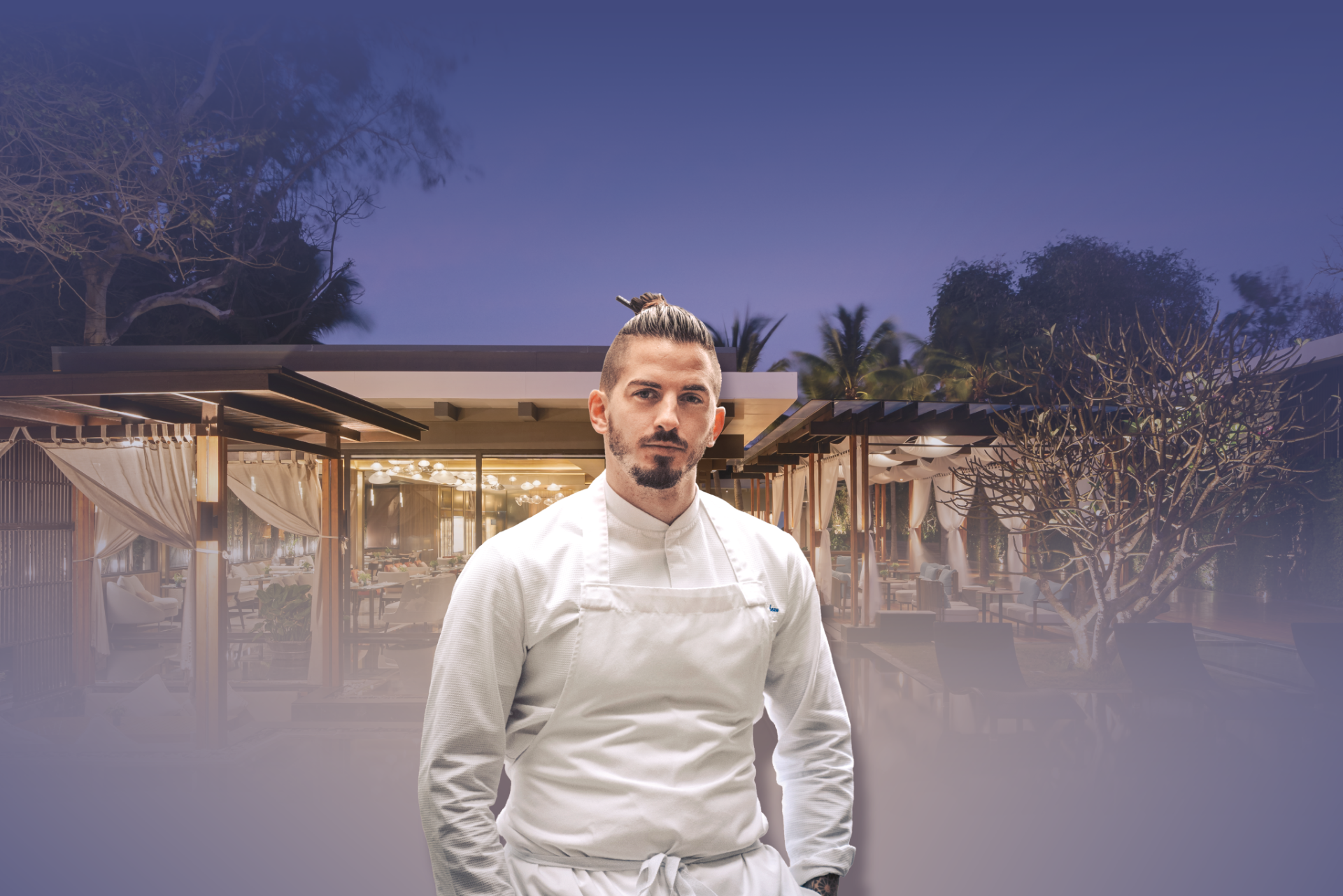
 Gastronomy Cities
Gastronomy Cities
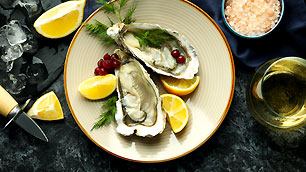 Amazing Food
Amazing Food
 Chef's Talk
Chef's Talk